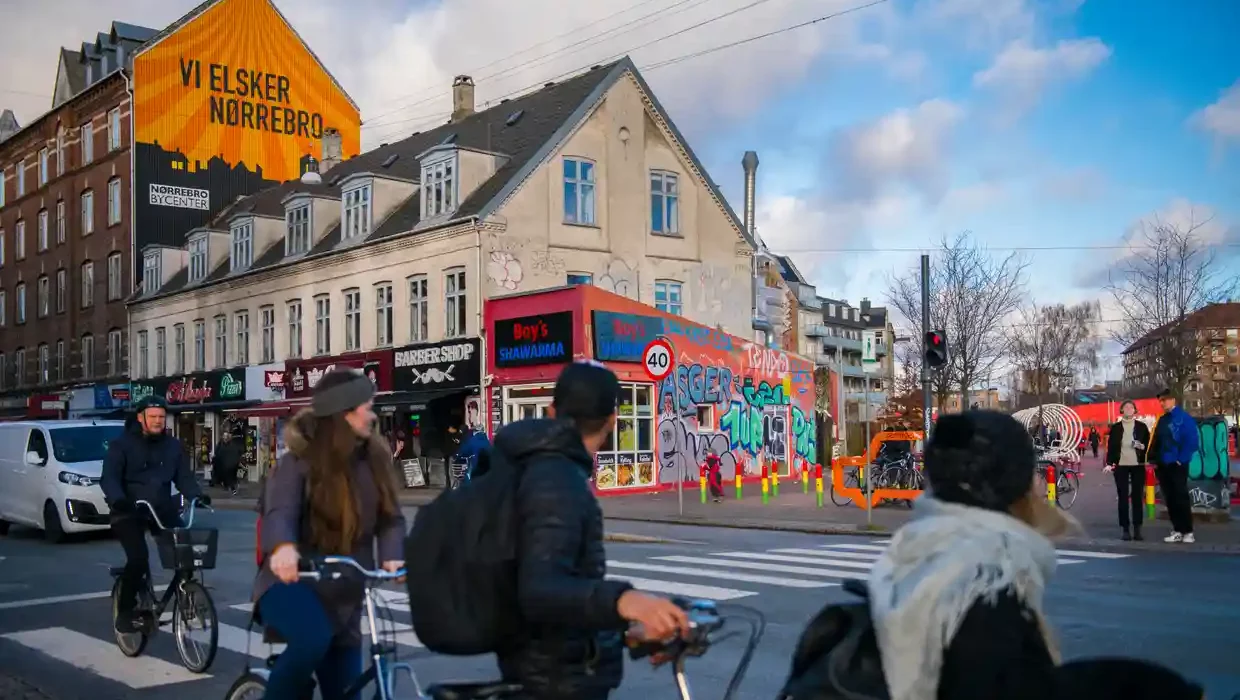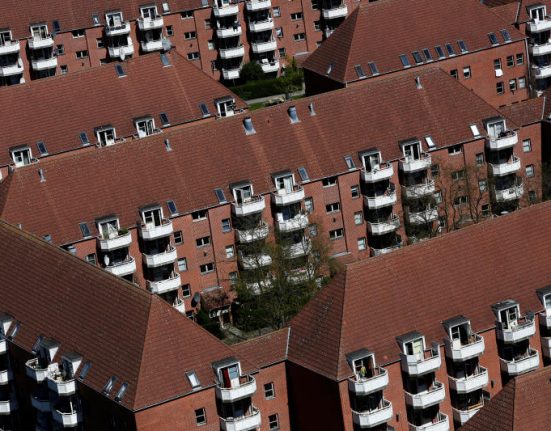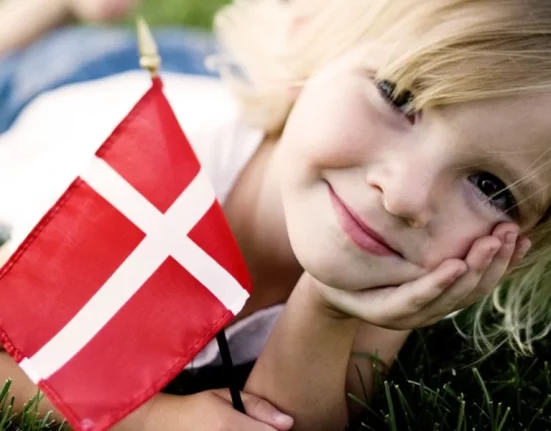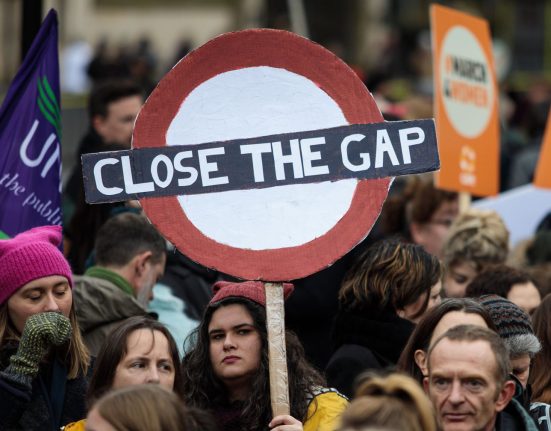Copenhagen’s “coolest in the world” neighbourhood is preparing for a large-scale protest against a discriminatory anti-ghetto law that opponents claim is driving away those who still live in social housing.
Hundreds of protesters are anticipated to gather on the outskirts of the Mjlnerparken housing estate in the well-known Nrrebro neighbourhood on Saturday, with the backing of Line Barfod, the mayor of the environment of the Danish capital.
The demonstration is the most recent effort to oppose “parallel society” rules, which restrict the number of “non-western” residents in specific neighbourhoods and compel local housing associations to sell out to private developers.
Before a European Court of Justice rules on a case made by inhabitants of Mjlnerparken, who claim the ghetto regulations violate EU laws against racial discrimination, the demonstration is intended to keep pressure on the government.
The community of Nrrebro in the northwest of Copenhagen, which Time Out dubbed the “world’s coolest neighbourhood” last year, has undergone gentrification over the past ten years, yet there are still some areas with social housing.
A significant proportion of residents with a so-called non-western origin, including first- and second-generation migrants, is one of the defining conditions for classification as a ghetto under rules enacted in 2018, which have been problematic for its multiethnic Mjlnerparken estate.
According to the government, some regions have turned into “holes in the map of Denmark,” where the populace “does not actively participate in the Danish language, society, and labour market.” The policy has the support of almost all of Denmark’s major political parties.
According to anti-ghetto legislation, the percentage of social housing stock in certain neighbourhoods shall not exceed 40%.
Bo-Vita, a non-profit housing organization, has until 2030 to comply with the law and minimize its footprint in Mjlnerparken, although it has already announced the sale of two of the estate’s four blocks.
“Mjlnerparken residents live here by choice, where we feel safe and secure,” said Majken Felle, an eight-year resident facing eviction. We will continue to fight for our rights to do so because we want to stay in our homes and neighbourhoods.
“We are very happy that so many Danes have regularly demonstrated their disdain for this discriminatory law by attending rallies like this one and demanding justice, equality, and the protection of human rights. It gives me hope that this nation will have a different future — one in which discriminating laws won’t apply to anyone.
One of the protest organizers and teacher Christine Borgvold Hansen, 30, claimed that residents who had children attending neighbouring schools or who sought medical care nearby were being ejected from their homes. Although there has been significant gentrification, Mjlnerparken has not yet been impacted, she claimed.
Hansen claimed that Danish government policy was becoming more “racialized,” citing the announcement earlier this week by the prime minister, Mette Frederiksen, of a strategy to target “non-western” women receiving assistance as an example.
Frederiksen told reporters she would soon introduce a law to oblige such women to contribute to the labour market for 37 hours a week. “For us, it is a very basic and important Danish principle: you must be able to support yourself and be part of the labour market.”
A spokesman for Bo-Vita said: “Unfortunately, this demonstration is an expression of the usual misunderstandings that opponents of the so-called ghetto law repeatedly make, among other things, against the board of Bo-Vita – the housing association that owns Mjoelnerparken.
“The truth is that Bo-Vita follows the legislation that the Danish parliament passed with an 80% majority in 2018. This democratic legislation meant that Mjoelnerparken, which at the time was on the so-called ‘hard ghetto list’, had to reduce the number of family homes by 60%. The options for this were either to sell off housing, demolish homes or convert homes into senior housing or youth housing.
“In cooperation with the City of Copenhagen. Bo-Vita chose to sell off homes […] All residents have been offered another apartment. The vast majority have moved voluntarily to better housing elsewhere in Copenhagen. No one has been lied to, and no one has been treated badly.”








